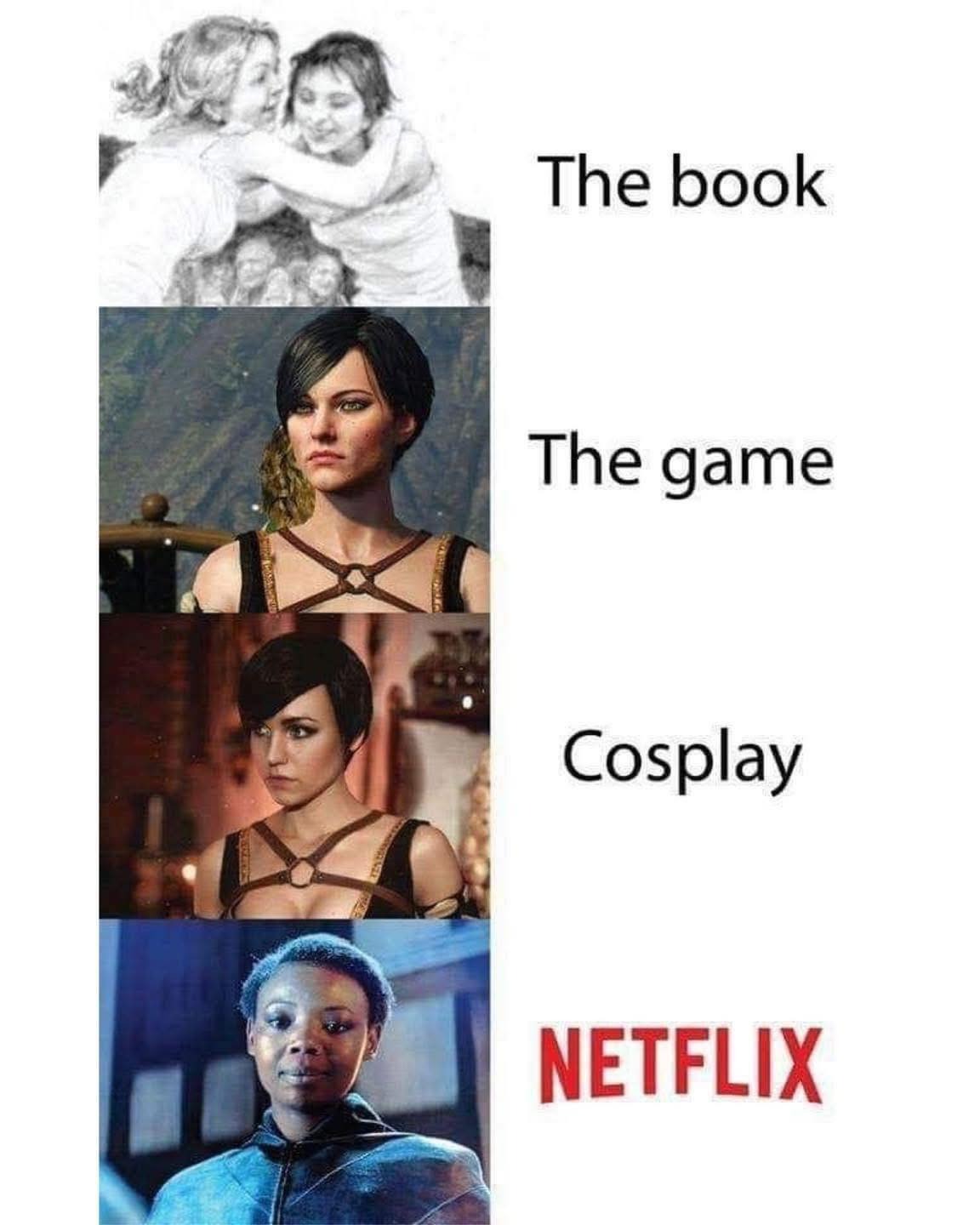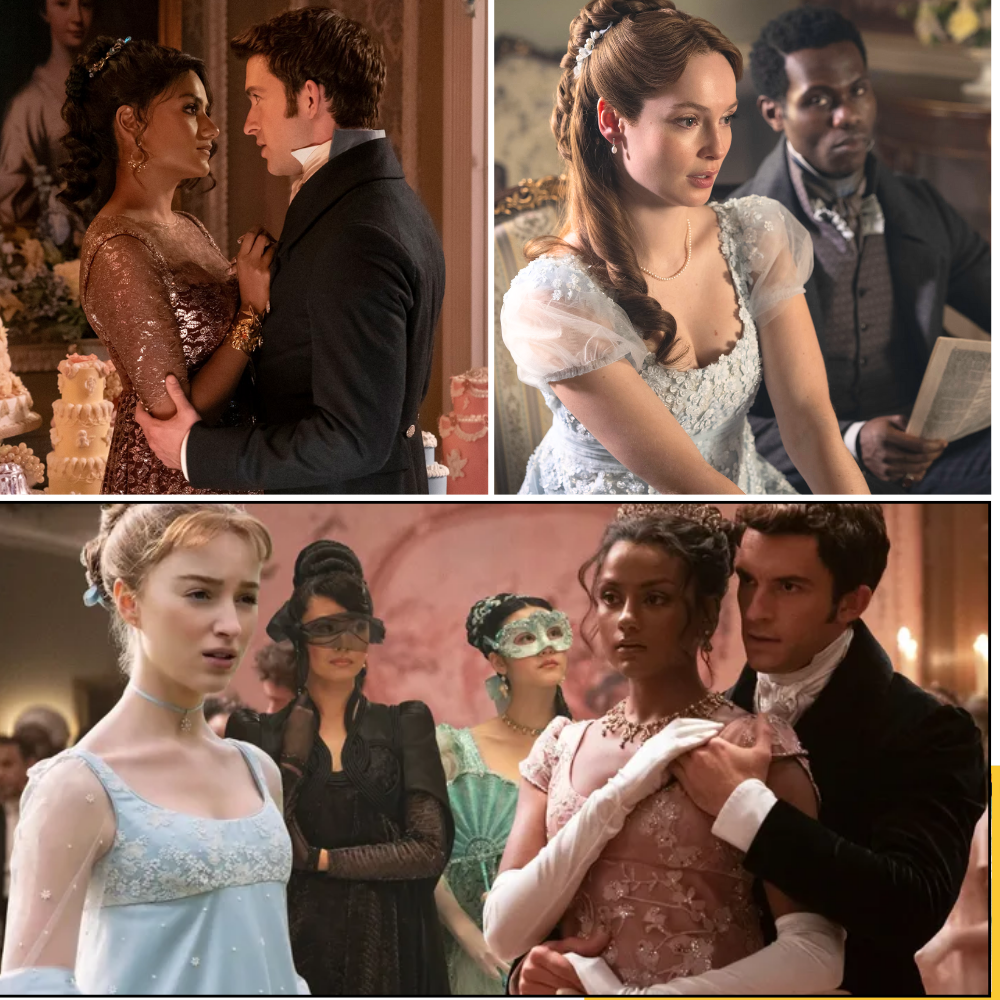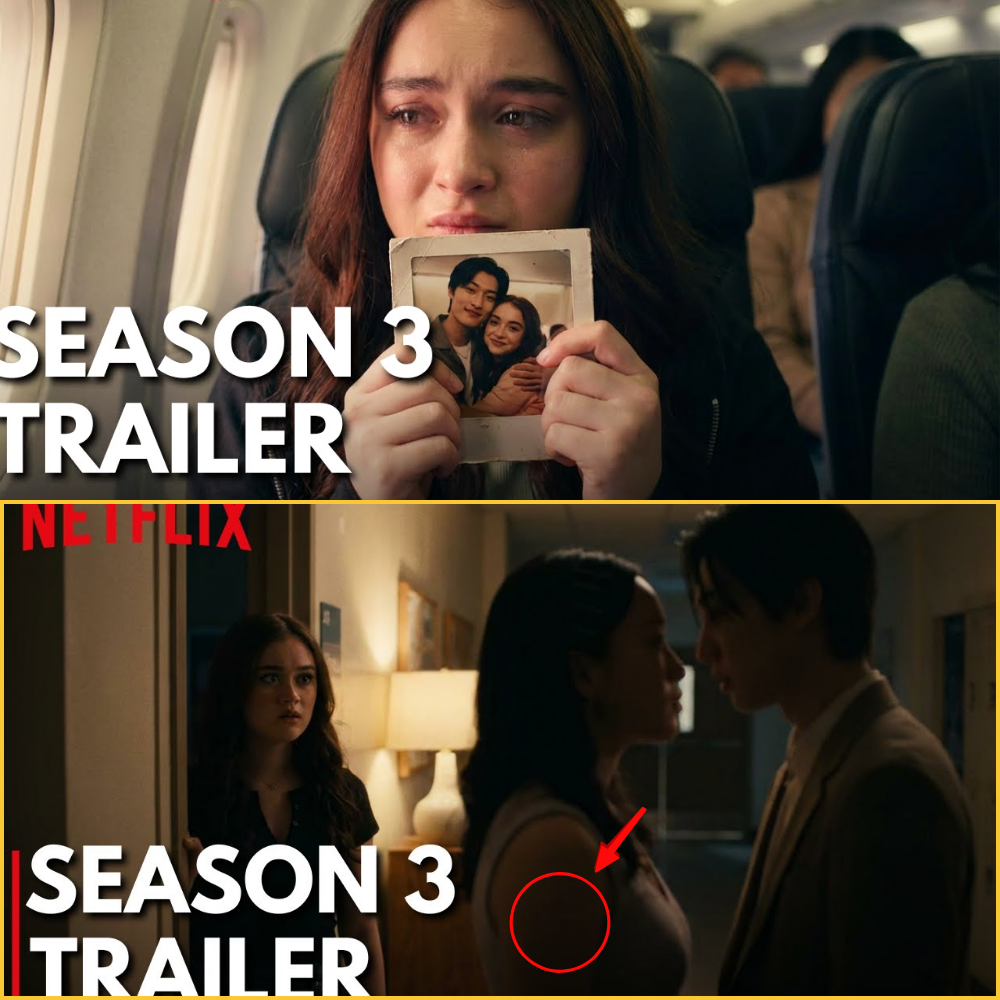Netflix has been a game-changer in the entertainment industry, delivering some of the most binge-worthy shows and movies of the past decade. From Stranger Things to The Witcher and Bridgerton, the streaming giant has revolutionized storytelling.
But let’s be honest—sometimes, Netflix frustrates me. Not because of price hikes or content removals (though those are annoying too), but because of how they handle diversity.

Diversity should be celebrated, but when characters of color feel forced into a story where they don’t belong, it raises the question: Is Netflix truly championing representation, or are they just ticking boxes to avoid criticism? Let’s dive into why this approach often backfires. 👇
🔥 Representation vs. Tokenism—There’s a Big Difference
Before anyone misinterprets this, let’s be clear: Diversity is a good thing.
Audiences love authentic, well-written characters of all backgrounds. The problem isn’t the presence of diverse characters—it’s how they’re included.
📌 Authentic Representation – When a character’s race, background, and culture are naturally woven into the story, it feels real. Think Black Panther (2018) or Squid Game—stories that celebrate diversity without forcing it.
📌 Tokenism & Forced Inclusion – When a character’s identity feels like an afterthought, randomly inserted into a world where they historically wouldn’t exist, it can break immersion and feel unnatural.
And let’s be honest—Netflix has been guilty of this a lot.
🧐 When Diversity Feels Like a Marketing Gimmick
Netflix has taken historical and fantasy settings and force-fed modern-day diversity into them, often with zero explanation. A few examples:
🎭 Bridgerton – This period drama reimagines Regency-era England with a racially diverse aristocracy, including a Black Queen Charlotte. While entertaining, the historical accuracy is questionable, making some moments feel like a checklist decision rather than genuine storytelling.
⚔️ The Witcher – Many fans loved the casting of diverse actors in the fantasy world of Andrzej Sapkowski’s books. But when key characters were rewritten (or when lore was ignored to accommodate modern inclusivity), it sparked debates about authenticity vs. forced diversity.
👑 Queen Cleopatra – Netflix took a historical figure with well-documented ancestry and cast her as a Black woman, sparking global backlash. Whether you care about history or not, changing established facts for the sake of representation undermines real diversity efforts.
🎅 The Claus Family 2 – A minor example, but some viewers were surprised when a Black Santa Claus appeared in a film where the first movie had already established a white Santa. It’s a small detail, but these changes can feel jarring when they don’t align with the existing world-building.
💡 The Real Issue: Good Writing vs. Lazy Representation
The problem isn’t the presence of diverse characters, but rather the way they are written. Netflix often fails at integrating diversity naturally into a story, instead choosing to swap established characters for diversity points or ignore historical context altogether.
🎬 What Works?
✅ Shows like Arcane or Cobra Kai—which include diverse casts without making it feel unnatural.
✅ Black Panther, Shang-Chi, and Encanto—which tell authentic stories about underrepresented cultures rather than forcing them into existing narratives.
🚫 What Doesn’t Work?
❌ Race-swapping characters instead of creating new ones.
❌ Forcing modern identity politics into historical settings without explanation.
❌ Prioritizing diversity over storytelling (e.g., if a character’s main trait is their race rather than their personality).
🚀 The Solution: More Original Stories, Less Box-Ticking
Netflix has the budget and influence to tell original, groundbreaking diverse stories. Instead of shoehorning diversity into existing franchises, why not:
🎬 Invest in new stories that naturally celebrate diversity.
📖 Adapt books and legends from underrepresented cultures instead of rewriting European history.
✍️ Hire more diverse writers who actually understand the cultures they are representing.
At the end of the day, diversity should feel organic, not forced. Representation matters, but it should never come at the expense of good storytelling.
🤔 What Do You Think?
Do you feel like Netflix is handling diversity the right way, or does it sometimes feel forced and insincere? Let’s discuss in the comments! ⬇️


